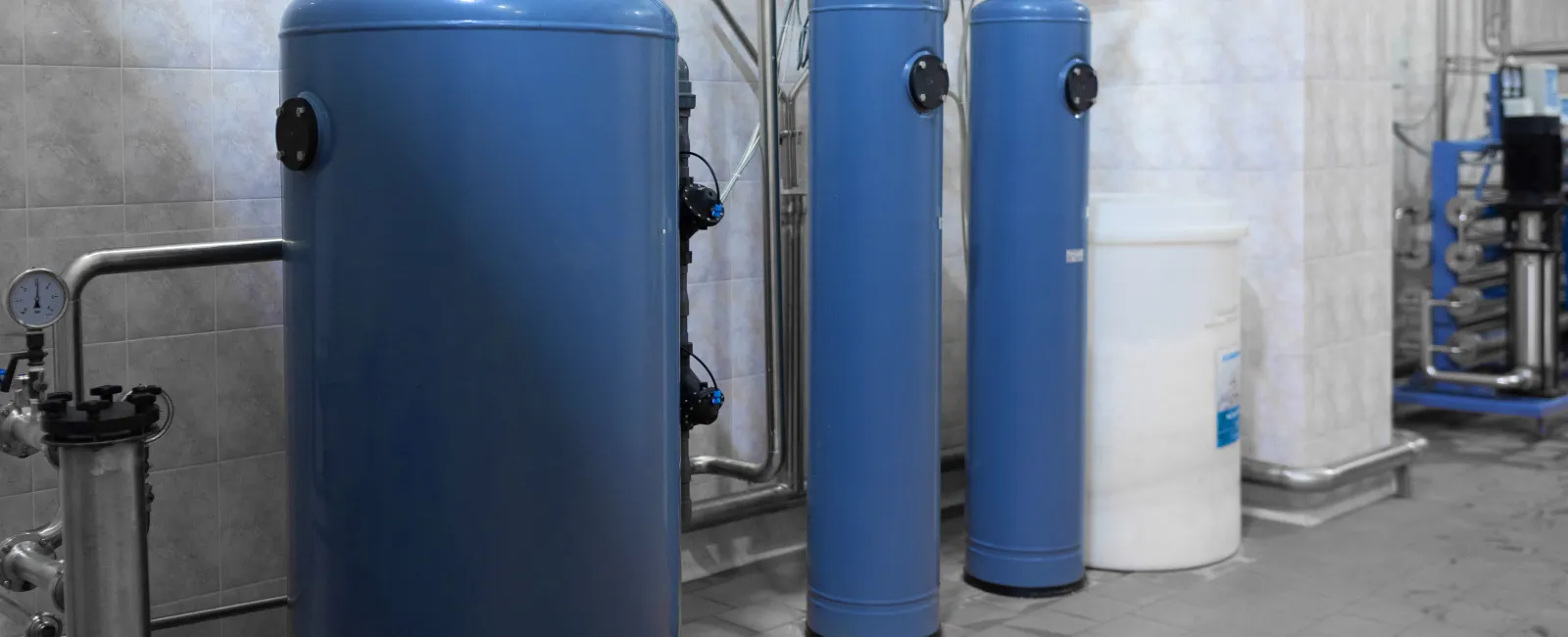Water softening is a common solution for addressing hard water problems in homes. Hard water contains many minerals, such as calcium and magnesium, which can cause several issues, such as scale buildup in pipes, reduced soap effectiveness, and even skin irritation.
Homeowners often turn to water softeners to combat these challenges and improve the quality of their water supply. You likely have several questions if you're considering investing in a water softener system. Let's address some of the most frequently asked questions about home water softening.
- What Does a Water Softener Do?
A water softener removes minerals from water through ion exchange. Resin beads attract and trap these minerals inside a water softener, exchanging them for sodium ions. This process effectively "softens" the water, preventing scale buildup in pipes, appliances, and fixtures. Softened water also lathers more easily with soap, leading to cleaner dishes, softer laundry, and smoother skin and hair.
- What Size Water Softener Do I Need?
Finding the optimal size for your water softener relies on variables like your water's hardness, household size, and daily water consumption. To calculate the right size, consider the grains per gallon (GPG) hardness level of your water and multiply it by your average daily water consumption in gallons. This calculation aids in determining the daily grains of hardness requiring removal. Based on this information, you can choose a water softener with the right capacity to handle your household's needs.
- What Is the Best Water Softener System?
Choosing the best water softener system involves considering efficiency, capacity, regeneration process, and maintenance requirements. Some common types of water softeners include salt-based ion exchange systems, salt-free systems, and dual-tank systems. Salt-based systems are highly effective at softening water but require regular salt refills and maintenance. On the other hand, salt-free systems use different technologies like template-assisted crystallization to prevent scale buildup without adding sodium to the water.
When selecting the best water softener for your home, research different brands and models, read customer reviews, and consider factors like warranty coverage and customer support. Additionally, consulting with a water treatment professional can help you make an informed decision based on your water quality and household needs.
- How Does a Water Softener Work?
Water softeners operate through a process known as ion exchange. In the water softener tank, resin beads charged with sodium ions attract and trap calcium and magnesium ions in hard water. As water flows through the tank, these minerals adhere to the resin beads, effectively removing them from the water. Periodically, the water softener enters a regeneration cycle, flushing the trapped minerals and replenishing the resin beads with fresh sodium ions from a brine solution. This regeneration process ensures the continuous effectiveness of the water softener system.
- Are Water Softeners Expensive to Operate?
The cost of operating a water softener varies depending on factors such as the type of system, water usage, salt consumption, and electricity. Salt-based water softeners typically require periodic salt refills, contributing to operating expenses. However, salt-free systems may have lower long-term maintenance costs since they don't require salt replenishment. When evaluating its affordability, it's important to consider both the initial investment and the continual operating expenses linked to maintaining a water softener.
Investing in a water softener system can drastically improve the quality of the water supply in your home and alleviate the issues caused by hard water. By understanding how water softeners work, determining the appropriate size for your household, and researching the best options available, you can decide what will work best for your home. Whether you opt for a salt-based or salt-free system, properly maintaining your water softener will ensure its continued effectiveness and longevity, providing you with soft, clean water for years. We can help you with all your water softener questions and needs. Don't hesitate to contact us today!

